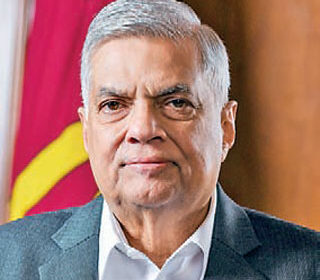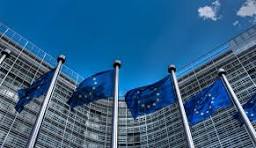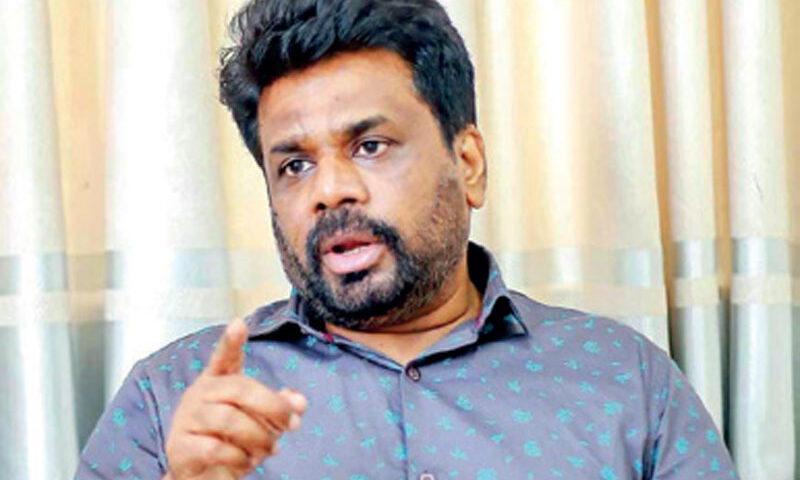Elections dates and election reforms:
Confusion confounded:
By Jehan Perera
 President Wickremesinghe’s appointment of a commission of inquiry to investigate existing election laws and regulations and recommend changes has come without prior discussion or warning. It was a carefully kept secret until brought to the notice of the general public by the president’s appointment of the commission. The commission has been tasked with examining all existing election laws and regulations and making recommendations to suit current needs. According to its terms of reference the factors to which special consideration would be given include increased women and youth representation, introduction of electronic voting using modern technology instead of printed ballot papers and providing facilities for voting by Sri Lankans overseas. These are commendable. But it also includes unusual provisions for Sri Lanka such as to enable a person to contest two elections at two different levels of government and represent both councils at the same time if elected. And the timing gives cause for concern.
President Wickremesinghe’s appointment of a commission of inquiry to investigate existing election laws and regulations and recommend changes has come without prior discussion or warning. It was a carefully kept secret until brought to the notice of the general public by the president’s appointment of the commission. The commission has been tasked with examining all existing election laws and regulations and making recommendations to suit current needs. According to its terms of reference the factors to which special consideration would be given include increased women and youth representation, introduction of electronic voting using modern technology instead of printed ballot papers and providing facilities for voting by Sri Lankans overseas. These are commendable. But it also includes unusual provisions for Sri Lanka such as to enable a person to contest two elections at two different levels of government and represent both councils at the same time if elected. And the timing gives cause for concern.
The changes proposed are major ones. With the commission given time till April to come up with its recommendations, it means elections are unlikely in the coming six month period. There would also be a time lag before which the changes can be given legal effect. The Commission’s recommendations would have to go before the cabinet of ministers. Upon their approval, it would have to be presented to parliament for its passage. There again, the contents are subject to challenge over their constitutionality before the supreme court ahead of the final passage of the recommendations. According to former Election Commissioner Mahinda Deshapriya, “It would be very difficult for the Commission to complete its task in just six months. There must be hours and hours, days and days of public discussion. This takes time. It could go on for even a year.” https://www.sundaytimes.lk/231022/columns/president-appoints-special-commission-to-drastically-change-election-laws-536547.html
The president’s sudden appointment of the Commission of Inquiry to investigate existing election laws and regulations and recommend changes becomes perplexing in the light on another surprise announcement by Minister of Justice Dr Wijayadasa Rajapaksha earlier last week that he had prepared a draft law on electoral reform that was all set to go. These reforms would see the election of 160 members to Parliament under the first-past-the-post system. The remaining 65 members in a 225-seat Parliament would be appointed from the National list and the District list depending on the number of voters under the proportional voting system.” Minister Wijayadasa’s proposals may fall within the remit of the newly appointed presidential commission. These two near simultaneous announcements would be recipes for confusion in the minds of the general public. When the time for elections falls constitutionally due, the electoral reforms and required electoral delimitation process could still be in process and constitute a volatile mix for political confrontation.
IMF SUPPORT
The speedy release of the IMF funds last week would be welcome news to the government as the need for both the money and the credibility that accompanies the IMF-led recovery process is of critical importance in an election period. It would help to impress the general population that the government continues to be in a position to access international resources on a large scale and better than its competitors in the political arena. It is indicative that the government has powerful backing within the international system of which the IMF is a part for which credit would accrue to the president. So far it seems that the government’s only concrete response to the IMF strictures and delay in granting the second tranche was to increase the price of electricity to add to its revenues in deference to the IMF requirement that the budget deficit should be made smaller. Government ministers have said this will enhance confidence in the economy and help to speed up the debt restructuring process with international creditors.
The IMF’s release of the second tranche of its loan to Sri Lanka came sooner than expected. It had informed the government that its revenue collection was inadequate to get the second installment of the IMF loan. The problem on the governance side seemed even more formidable. The IMF had recommended sixteen priority actions in its recently released Governance Diagnostic Assessment (GDA) on Sri Lanka to address systematic and severe governance weaknesses and deep-rooted corruption. The government’s performance has been less than impressive with regard to these prerequisites for development. The government’s track record of conforming to democratic norms and to the rule of law are not reassuring after it postponed the local government elections despite the Election Commission’s best efforts to hold them and failed to heed even a supreme court ruling that the money withheld from the Election Commission for the purposes of holding the elections should be released.
It is significant that the IMF release of the second tranche came shortly after the announcement by the Chinese government that it had reached preliminary agreement with Sri Lanka regarding debt relief that would be acceptable to other international creditors. It was also interesting that IMF personnel felt obliged to state that the agreement reached between the government and the Exim Bank of China did not have an impact on the IMF decision to reverse its original decision taken a little over a fortnight ago which was not to give Sri Lanka the second tranche for the time being. This would add to the stature of President Ranil Wickremesinghe as a worldly wise leader when it comes to negotiating with international power blocs. But within the country the challenge remains to win the trust of the general population. This requires winning the mandate of the people through free and fair elections in place of beefing up the security forces and security laws to suppress them.
POSTPONED ELECTIONS
Swift on the heels of receiving the IMF second tranche, President Wickremesinghe has moved to address the concern in sections of the population that the government is planning to stay on in power without conducting elections for the foreseeable future. This line of reasoning is being sincerely urged on society by some business leaders and economic planners, quite apart from political allies, as being necessary to consolidate the economic improvements they see as taking place. Although not the full story, the grim reality for the majority of people is that their living standards are deteriorating as evidenced by World Bank figures regarding the rise in poverty levels to 25 percent this year and 28 percent next year and World Health Organisation figures which show the rise in malnutrition. Public opinion polls which show the government getting less than 20 percent of the popular support consistently show the writing on the wall.
Different statements made over the last few weeks have given rise to the speculation that the government intends to postpone the forthcoming presidential and general elections or possibly not have them at all. Speaking from the heart as if it were UNP Chairman and Member of Parliament Wajira Abeywardana recently said that no one should contest the next presidential election for the sake of the nation. “The incumbent President can continue in office in such a scenario and see that the country moves forward. Also anyone who is contesting can submit an economic programme to the budget office which is instituted in the parliamentary complex. Budget office can go through the proposals and then state whether any proposal is realistic or not. No candidate can present to people any programme at any election when such a programme is rejected by the budget office. Besides it is also clear that there is no alternative in a situation where it is officially declared that Sri Lanka is bankrupt. In such a situation one could wonder whether it is wise to spend funds for a presidential election.” https://www.dailymirror.lk/print/front-page/No-one-should-contest-the-Presidential-election-for-the-sake-of-the-nation/238-269481
Addressing the UNP’s national convention as its party leader President Wickremesinghe sounded confident over his hold on power in the government when he reiterated the timeline for upcoming elections in line with the constitutional provisions. He said that the presidential election is scheduled for the following year, followed by parliamentary elections. However, his declaration that the local government elections are expected to take place only in the first half of 2025 needs to be reconsidered as those elections should have been held in March and not two years into the future. In addition, there are other statements regarding the abolition of the presidency, referendums and electoral reform that could singly, severally and jointly have the impact of negating elections. Arbitrary decisions with regard to elections should not be taken as those in power need to realise their power is temporary and they do not have a right to deny the people their right to vote and participate in the governance of the country for whatever reason.
https://island.lk/elections-dates-and-election-reforms/


